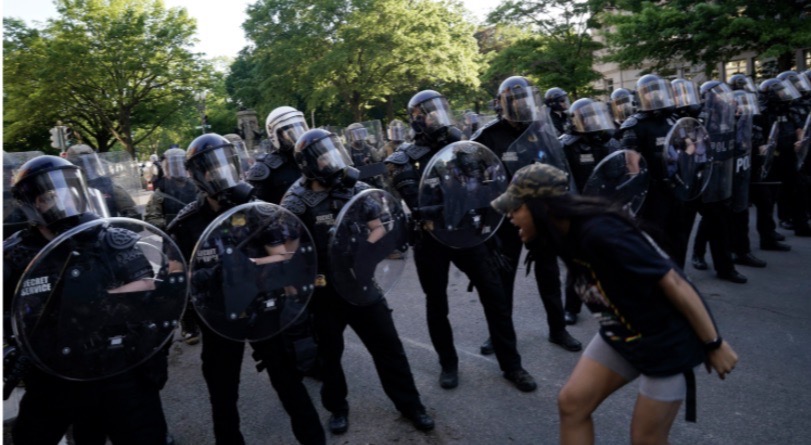Why We’re In The Struggle for Anti-Racism
As so many of our team members march in the streets in different cities, standing up and speaking truth to power, we acknowledge that some of us do so confident that showing up will not lead to violence against us. For others of us, racism means you cannot predict when that state violence will be directed at you. This includes within the civil society and development communities in which we operate. Systems of oppression and injustice fuel our collective outrage and drive our work.
Hallmarks of this system of structural violence are impunity and exploitative financial flows that allow people in power to profit off the labor and natural resources of people of color and the poor. This includes through disproportionate, but predictable, impacts of climate change and pandemics. We will remain outraged.
At Accountability Counsel, we are dedicated not just to respect for all people, but to accountability that leads to systems change. Such change cannot be achieved without organizing. We have learned this from communities we work who are masters of such organizing. They are taking on structural violence manifesting in police brutality from Haiti, to Kenya, to Nepal (pictured below). This organizing is centering decision-making with the people whose resources, livelihoods, and lives are impacted by those decisions.As our team continues our work amidst a pandemic, we are also contributing staff hours through our Good Ally program to cross-movement organizing. Anti-racist organizing is gaining voices by the minute. We hope one is yours.
To get involved, we encourage you to join your local grassroots movement and learn more at Movement for Black Lives.



